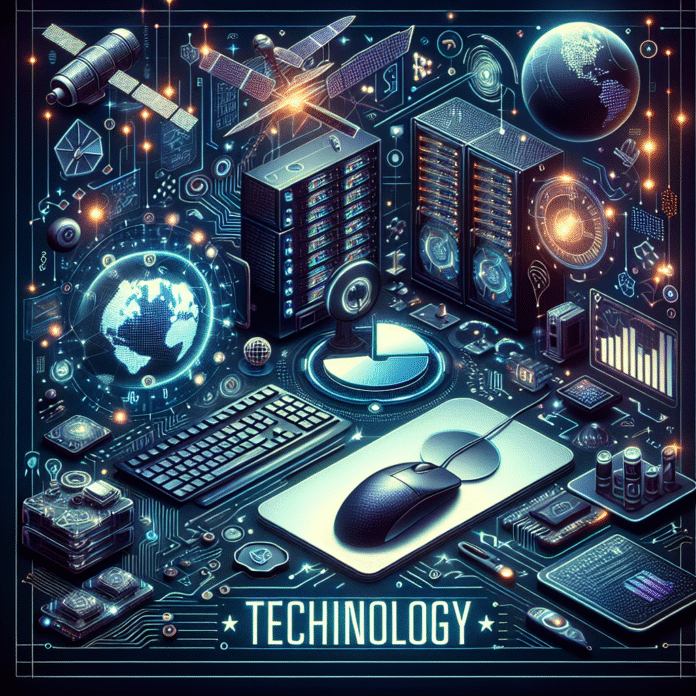Introduction
Technology has become an integral part of our daily lives, influencing how we communicate, work, and even think. From the invention of the wheel to the rise of Artificial Intelligence (AI), technological advancements have continually reshaped societies and economies. This article explores the various aspects of technology, its impact on our lives, and the potential future it holds.
The Evolution of Technology
Historical Milestones
-
Agricultural Revolution: The shift from nomadic living to settled farming communities allowed for population growth and the establishment of civilizations.
-
Industrial Revolution: The 18th and 19th centuries saw the rise of machinery, leading to mass production and urbanization.
-
Digital Revolution: The transition from analog to digital technology in the late 20th century introduced computers and the internet, revolutionizing information access and exchange.
The Rise of the Internet
The internet has arguably been the most transformative technology in recent history. It has redefined communication, enabling instantaneous connectivity across the globe. Social media platforms, e-commerce, and online education have emerged, reshaping industries and personal interactions.
Impact on Daily Life
Communication
Innovation in communication tools, such as smartphones and messaging apps, has made it easier than ever to stay connected. Video conferencing tools like Zoom and Slack have transformed how businesses operate, especially in the wake of the COVID-19 pandemic.
Work and Productivity
Remote work has become a viable option for many, thanks to advancements in technology. Tools like cloud storage, project management software, and collaborative platforms facilitate teamwork regardless of geographical barriers.
Education
Technology has revolutionized education through e-learning platforms, making knowledge accessible to anyone with an internet connection. This democratization of education is particularly significant in developing countries.
Challenges and Ethical Considerations
Digital Divide
Despite the benefits, technology has also highlighted disparities in access. The digital divide affects millions worldwide, making it essential to address these inequalities to harness technology’s full potential.
Privacy and Data Security
As our lives become increasingly digital, concerns about privacy and data security are paramount. High-profile data breaches have raised awareness about the importance of safeguarding personal information.
Artificial Intelligence
AI presents both opportunities and challenges. While it can enhance productivity and innovation, ethical considerations around job displacement and algorithmic bias must be carefully managed.
The Future of Technology
Emerging Trends
-
Artificial Intelligence: AI is set to revolutionize industries, from healthcare to finance, by enabling smarter decision-making.
-
Blockchain: This technology has the potential to transform fields like finance, supply chain management, and even voting systems, thanks to its emphasis on transparency and security.
-
Sustainability: Green technologies, including renewable energy and smart grids, aim to reduce our carbon footprint and combat climate change.
The Role of Human Collaboration
The future will likely see a greater reliance on human-machine collaboration. While machines can enhance efficiency, human creativity and empathy will remain invaluable. The challenge will be to integrate these technologies in a way that enhances human welfare.
Conclusion
Technology is a double-edged sword that brings both immense opportunities and significant challenges. As we continue to innovate, it’s crucial to navigate the ethical and social implications responsibly. Emphasizing collaboration, accessibility, and sustainability will help ensure that technology serves as a force for good, paving the way for a brighter future.






